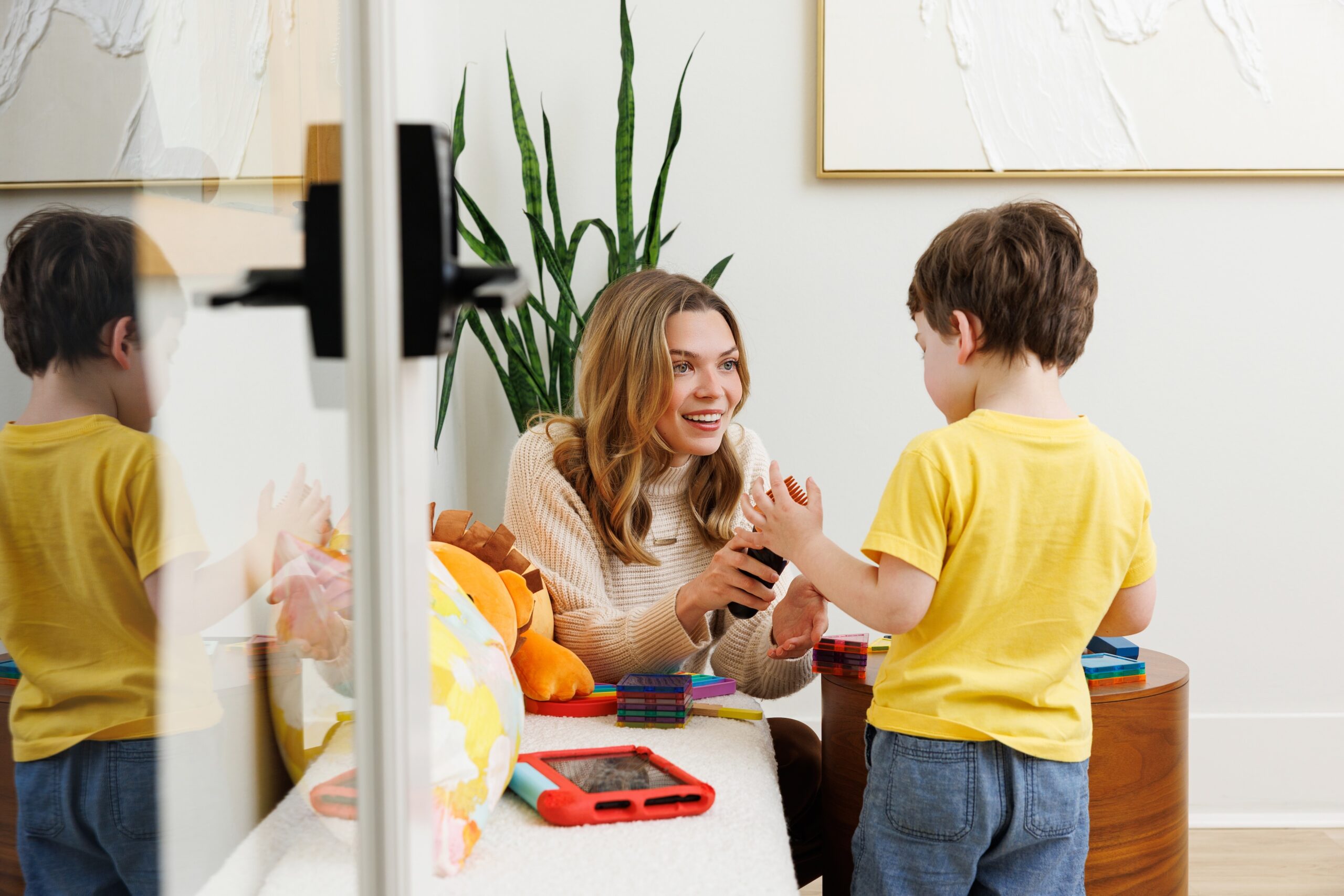
From haircuts to friendships, here’s how locals are supporting the autism and neurodivergent community
Editor’s note: Yvette Furr is a family member of 225 Managing Editor Laura Furr Mericas.
Madeline Johnson is not your typical barber.
She doesn’t ask her clients to sit in a chair. She keeps toys on hand to distract from clipping and trimming. And if a full haircut isn’t achieved during her hourlong appointments, that’s OK, too.
Johnson works with neurodivergent children and adults. Since launching her Sensory Sunday haircuts in January, she’s given new dos to autistic individuals and others with Down syndrome and dementia. Her goal is to decrease or distract from sensory discomforts like sitting in a chair for a long time, hair touching the skin and loud noises from blow-dryers or electric clippers.
|
|
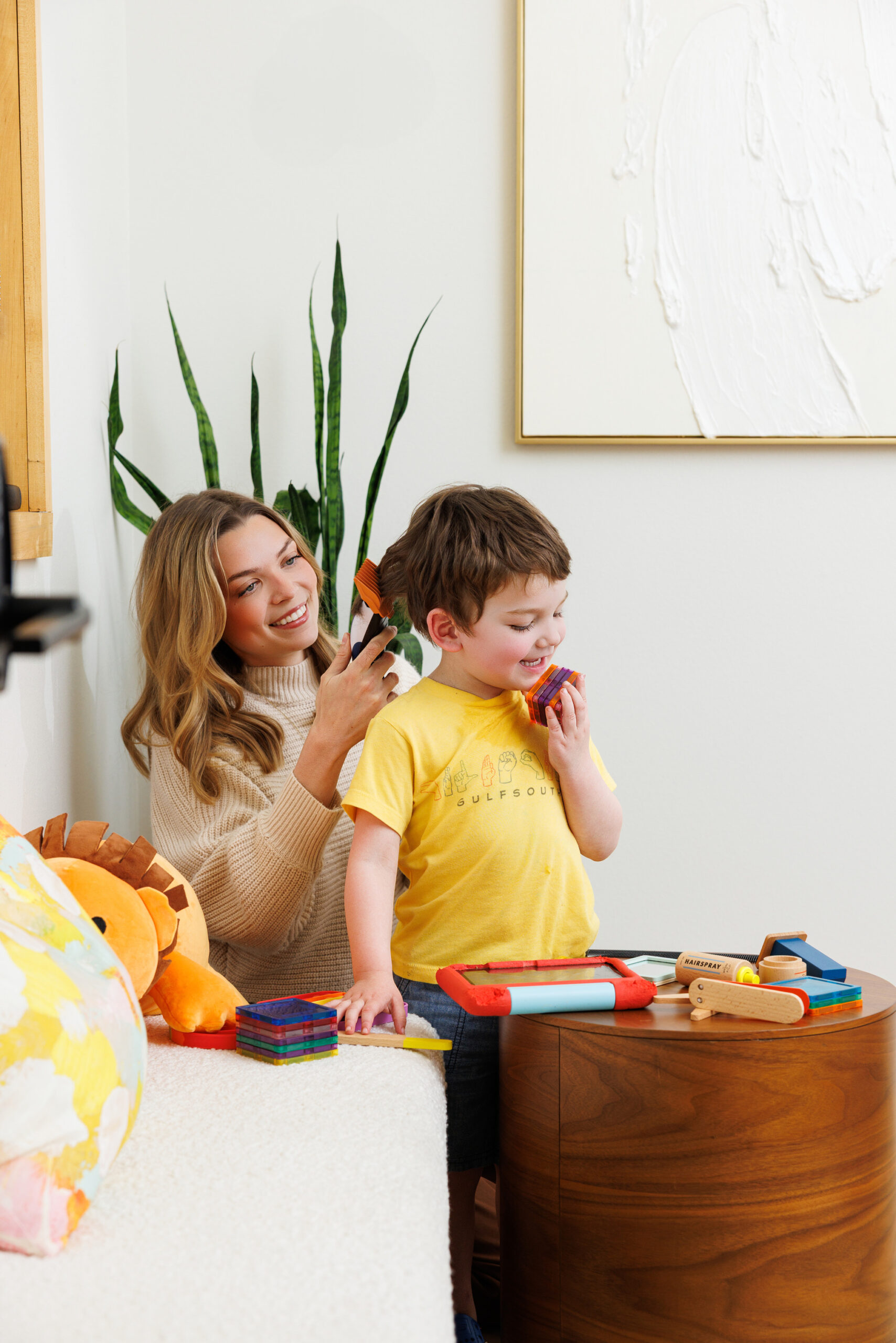
“I don’t want big colors and race car chairs (for my salon),” Johnson says. “That really works for a lot of kids, but not for my population.”
Johnson started Sensory Sundays as a way to meld her two passions: speech pathology and hair care. And it keeps her booked. So much so that she moved from her temporary location at Salon du Sud into her own space on Goodwood Boulevard in April to serve her growing client list.
The new spot, known as Miss Madeline’s LLC, represents the growing number of ways Capital Region organizations and businesses are rethinking or expanding their offerings to better serve the area’s neurodivergent community.
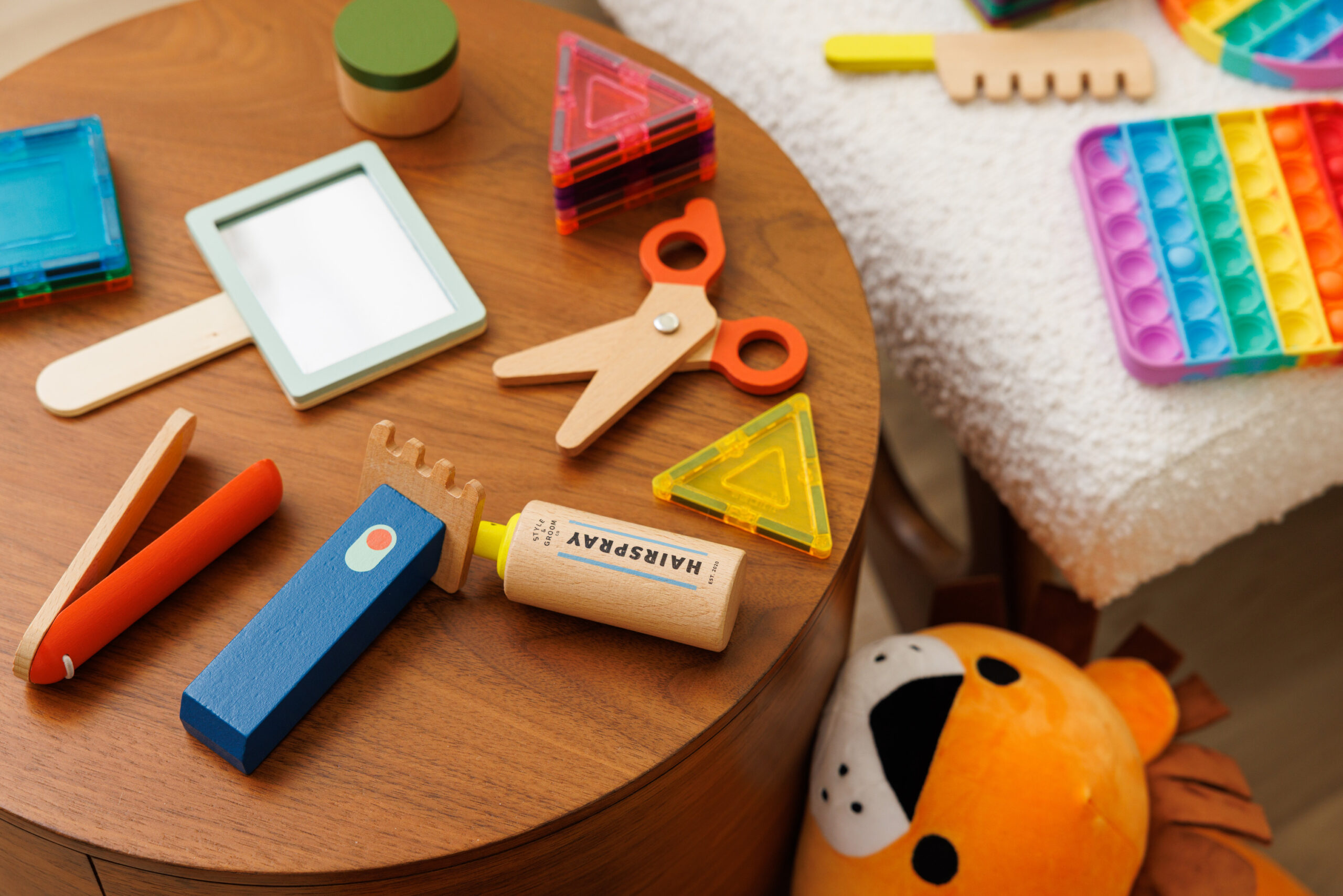
“Neurodivergence is kind of a catchall term for all of these differences in the way that people’s brains are made,” explains Drew Walker, executive director of the Capital Area Autism Network. “Sensitivity to sensory input is one of the most common threads in all of those.”
CAAN launched in 2016 after a Baton Rouge Area Foundation study revealed areas of need within the autism community. Walker and his team collaborate with other organizations and businesses to bring more inclusive offerings and serve as a hub for advocates and service providers who are pushing for awareness and acceptance of autism and neurodiversity.
CAAN has worked with Playmakers of Baton Rouge to stage sensory-friendly shows and the Arts Council of Greater Baton Rouge to show how art can help autistic people depict internal experiences.
It also works with BREC’s Adaptive Recreation program, which serves a range of ages and disabilities.
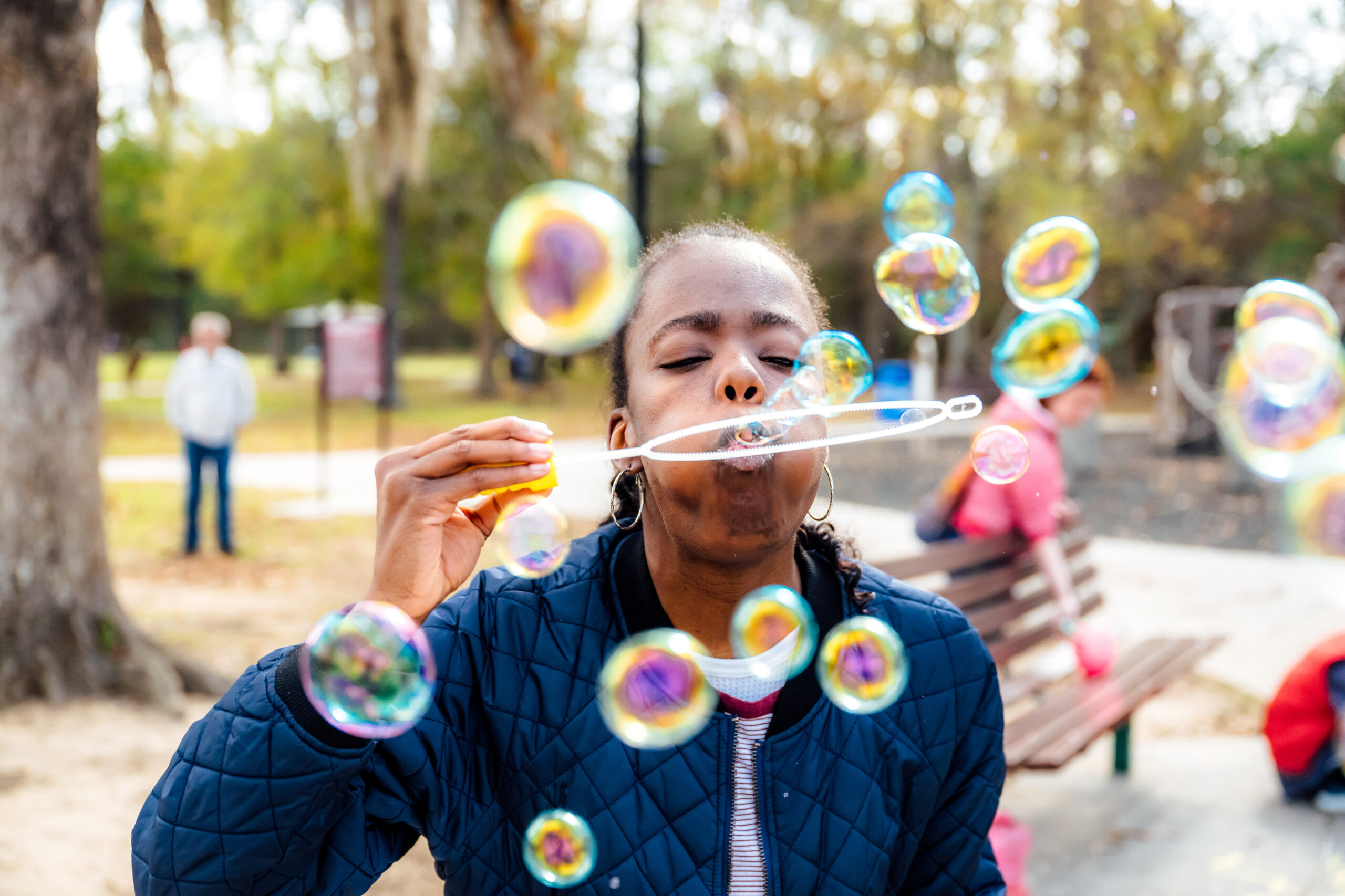
Molly Phillips, BREC’s Adaptive Recreation program coordinator, says offering inclusive opportunities like kickball, field trips, cooking classes, gardening, and sensory Santa and Easter Bunny visits aligns with BREC’s mission to serve everyone in East Baton Rouge Parish. She also collabs with Crawfish Aquatics, Beyond Gymnastics and Families Helping Families to create different opportunities with shared resources.
“There’s a need in the community for individuals with disabilities to be included,” Phillips says. “And in order to be included, they need to have opportunities to participate in activities that interest them. Everybody else has an opportunity to participate in things that interest them. And they have that right, too.”
Yvette Furr, who works as a behavioral analyst with Behavioral Group of Louisiana and founded Baton Rouge Best Buddies Citizens Chapter, a social group for adults with intellectual and developmental disabilities, says it’s all about taking small, meaningful steps. Furr knows that neurodivergent individuals put in a lot of effort to live in and interact with a neurotypical world.
“It’s frustrating to see people work so hard in therapy, practicing things that come naturally to others, only to go out in public and find zero accommodations to support them,” Furr says. “They’re expected to do all the work, when in reality, we as a community should be meeting them halfway.”
Businesses and organizations can practice more neurodiversity by offering quiet spaces for decompressing, making accommodations for physical disabilities and having items like fidget toys and noise-canceling headphones on hand. Johnson always has Pop Its and weighted stuffies in her arsenal at Miss Madeline’s, for example.
And yet it’s not only about accommodations. Furr says it’s also important that neurotypical people let go of misconceptions surrounding the disabled community.
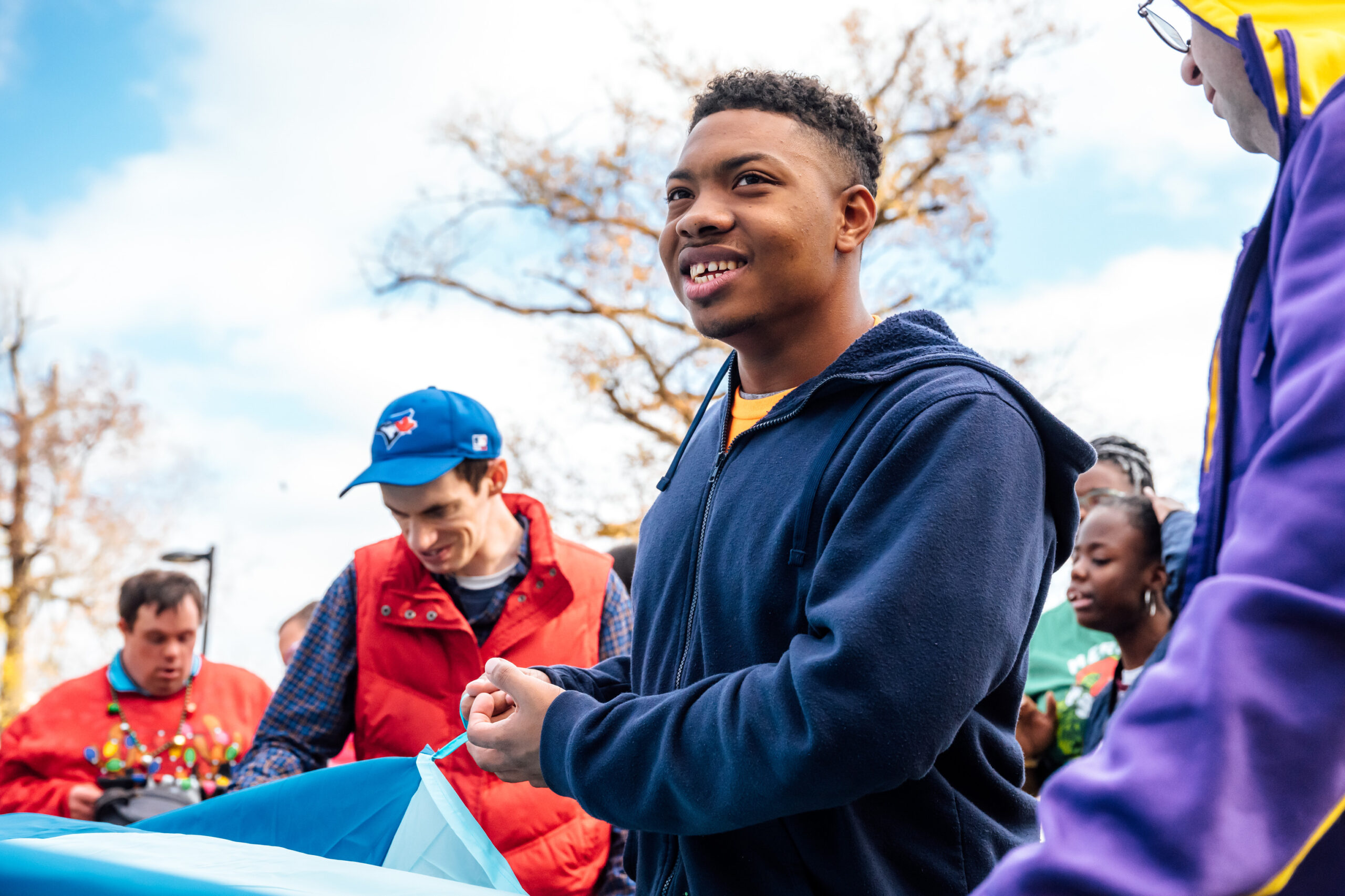
One of the most common ones? That neurodivergent people don’t want to socialize or grow relationships.
Rather, socialization is essential for neurodivergent individuals, Larkin Newsom, owner of Behavioral Group of Louisiana, who works closely with Furr, explains.
“Meaningful social interactions and friendships are just as important for the neurodivergent community as the neurotypical community,” Newsom says. “When we work together to foster acceptance, we create a future where everyone, regardless of ability level, has these opportunities.”
Those working toward a more inclusive community agree our region has gotten better at embracing neurodivergent individuals.
Still, they acknowledge that more strides can be made in the future. Johnson hopes to reach more people, particularly adults, through Miss Madeline’s. For Walker and CAAN, that means providing accommodations through all stages of life, especially with professional and social opportunities.
“As people become more aware of neurodivergence and how simple accommodations can be, it’s almost a no-brainer,” Walker says. “(It’s) like, ‘Well, why wouldn’t we do this?’”
This article was originally published in the May 2025 issue of 225 Magazine.
|
|
|

